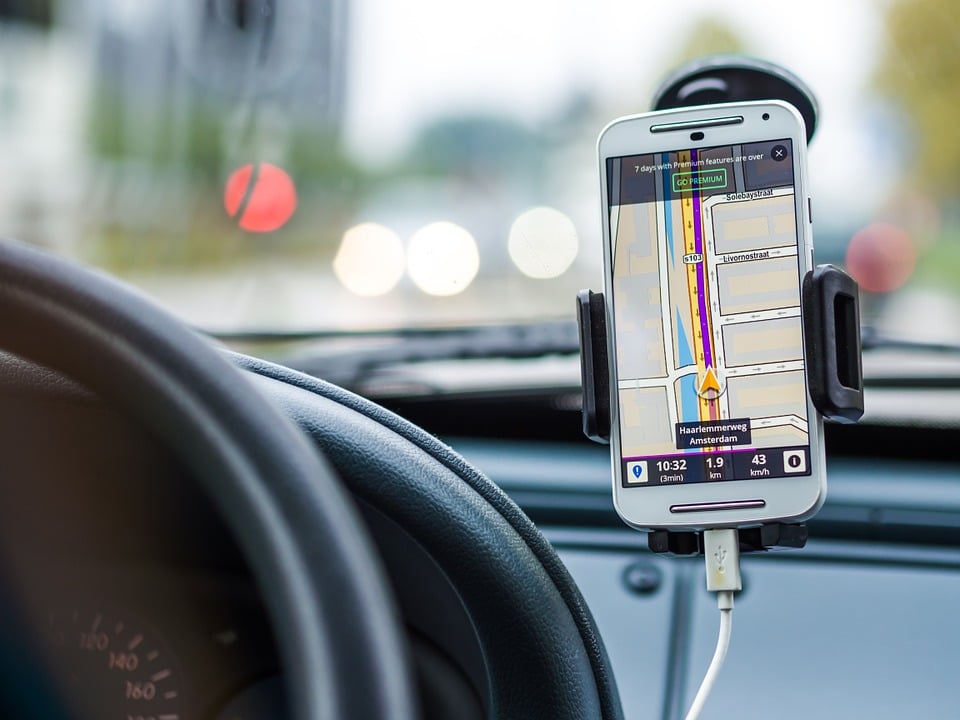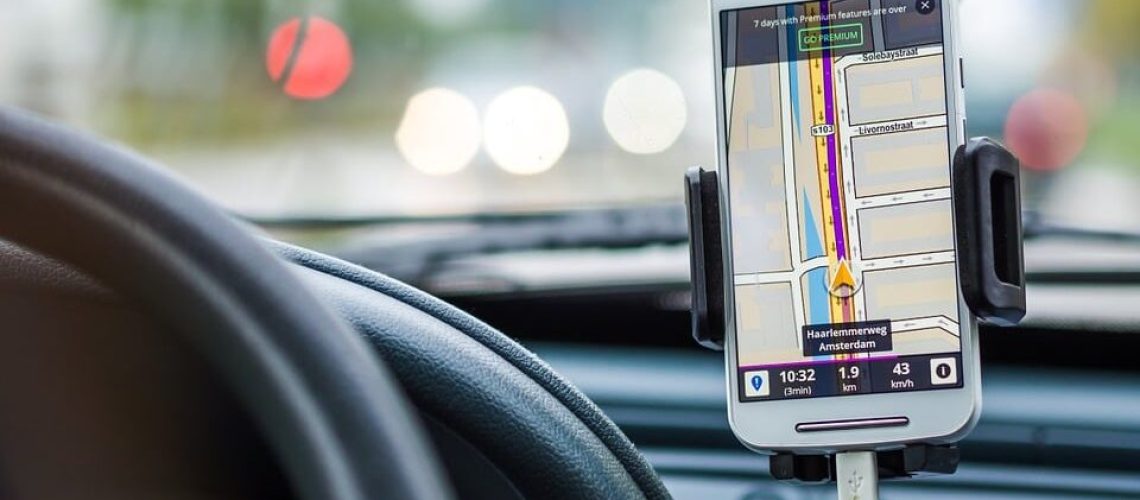
The automobile industry is gearing up for perhaps the biggest advancement to ever hit the industry: self-driving cars. This futuristic development is primed to forever change our preferred daily method of transportation. Self-driving cars hold the potential to dramatically reduce motor vehicle accidents, reduce traffic congestion, and effectively revolutionize the way that motorists everywhere drive.
The self-driving car is undoubtedly on the horizon. Investment, research and public interest are all abuzz with the new technology. United States President Barack Obama recently proposed that $4 billion be spent over the next 10 years on research relating to the self-driving car.
However, self-driving cars are not quite yet ready for the roads. Although companies such as Tesla Motors and Mercedes-Benz regularly test self-driving automobiles on the streets of California, the technology is not available for use on public roads by everyday consumers. Additionally, many concerns regarding safety, liability and even ethics will need to be addressed in great detail before self-driving cars hit the roads.
Many questions will need answers: Will self-driving cars be able to tackle our unpredictable Canadian winter driving conditions? Will these cars be able to navigate traffic situations that require a human element – such as making eye contact with another driver before proceeding through a four-way stop, or motioning with a pedestrian before allowing them to cross the road? What if a self-driving car has to make an ethical decision between striking pedestrians or sending you off of a bridge to your certain death? The ethical dilemmas alone posed by self-driving cars put our minds and hearts through the wringer.
Further, the idea of self-driving cars have yet to gain the confidence or interest of Canadians. Self-driving cars will likely demand that drivers remain alert and ready to resume control of the automobile in the event of malfunctions, errors or other unforeseen events. This means that drivers will still have to remain sober – an apparent reason for the disinterest of Canadians who were likely hoping that self-driving cars could present a safe and convenient solution to the problem of impaired driving. A survey conducted by a consumer market research firm reports that only one in four Canadian drivers is interested in the idea of self-driving cars.
The disinterest in the new technology also hints at the likelihood that many motorists will not be willingly putting away the driving gloves just yet. And perhaps with good reason – out of the 2,376 kilometers that Nissan tested its self-driving car in public, the driver had to take back control of the car in 106 cases. Similarly, Google reported that its self-driving cars needed the driver to resume control of the car in 341 cases over the course of 678,400 kilometers.
While the technology is within reach, self-driving cars will not replace the need for human drivers on a large scale for some time. In the meantime, lawmakers and the public will have plenty of work to do in trying to answer the tough questions that will need to be answered in order to pave the road for self-driving cars.
